Mark Sanders, Ph.D., Philosophy, UNC Charlotte
OPEN HOUSE PPT, 11 FEB. 2021 — SLIDES 1-4, SLIDES 5-7
My seminar will examine the role philosophy should play in education. Philosophy is an academic discipline usually only offered at the college level and sometimes at the high school level, but it is also importantly an activity, a way of examining the world around us in an attempt to better understand and act in it. This later understanding of philosophy, I believe is also fundamentally what education is, or at least should be.
In this seminar I will be exploring ways in which to make K-12 education more philosophical, by making philosophy more explicit in K-12 education. This is something I have been doing for several years in my Philosophy of Education class at UNC Charlotte. So far however, I have largely focused on Humanities type classes in grades 9-12 and I would very much like to expand this to different types of classes and more grade levels.
The goal for making any class more philosophical is to make manifest the importance of critical thinking, ethics, epistemology, and deliberative, dialogical collaboration in education. This requires co-creating knowledge with students and teachers. To that end, my seminar will be modelled on a community of philosophical inquiry, an idea which has its origins in American pragmatism and was explicated in theory and practice by John Dewey and many others since in the field of education. I will be following the guidelines laid out by Jana Lone Mohr and Michael Burroughs in their book Philosophy in Education. I will also be using other sources in the area of philosophy of education.
It is important to note that there is vital connection between the philosophy of education and pedagogy, but they are not reducible to one another. The focus in this seminar will be on both how to engage in philosophical discussions and what makes a discussion philosophical. Philosophy is concerned with analyzing ideas, clarifying meanings, giving reasons, avoiding fallacies, exploring alternatives, creating new ideas, and generating meaning. This is both a rigor and an openness to philosophy. While philosophical questions are unlikely to be answered in any final way, this does not mean that philosophical questions are questions without answers. They are contestable not unanswerable, and contestable answers can have answers that are capable of being evaluated as better than others.
I envision sharing examples of what constitutes philosophical material that vary from traditional to non-traditional philosophical sources (e.g. Plato’s dialogues, Mill’s Utilitarianism, the Declaration of Independence, hip hop lyrics, Monty Python and The Good Life). I look forward to working with participants from a wide variety of disciplines and grade levels and finding philosophical elements that are already contained in their curriculum and lesson plans and making them more explicit as well as adding philosophical methods, ideas, and content where appropriate.
Seminar Participants:

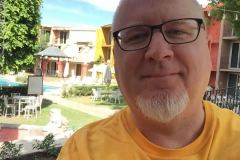
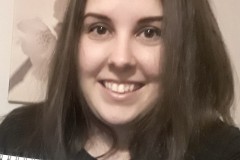
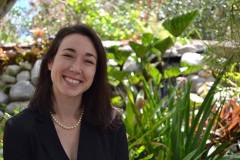
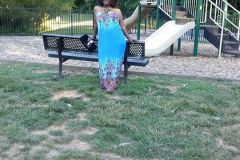
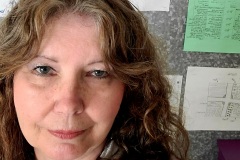










 Home
Home